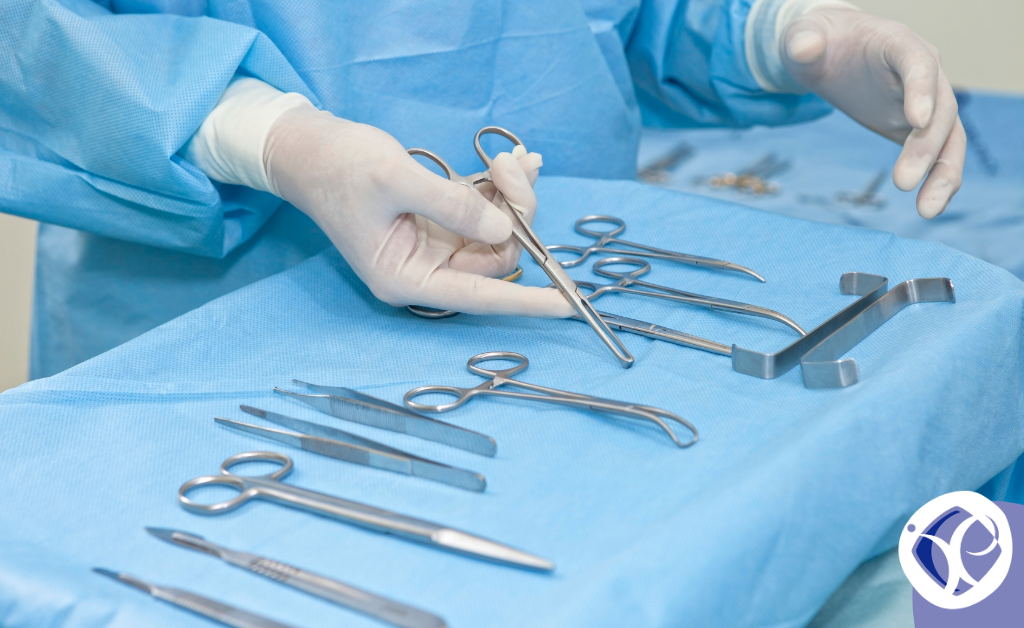If you’re an NHS doctor or dentist, you need to know about your allowable expenses. For instance, to find out how to claim tax back on tools bought for work
So if you work in healthcare or with the NHS, our guide explains what you’re allowed to deduct from your taxes.

(4-minute read)
We will cover:
- What counts as tax deductible expenses for doctors and dentists
- How to claim tax back on tools bought for work
What can dentists claim on a tax return?
What are tax deductible expenses?
If you work for the NHS and spend your own money on work-related expenses that you don’t get paid back for, you might be able to get some of your tax money back.
HMRC has specific rules about what you can and can’t subtract from your taxes, and also how to figure out these amounts.
Here are a few common tax-deductible expenses for NHS doctors:
British Medical Association (BMA)
You can get tax relief for specific professional group fees and payments you make to governing bodies.
HMRC has a list of professional memberships that are tax-deductible, including memberships to bodies such as GMC and BMA.
Doctors claiming medical clothing and equipment
You can claim tax relief for any work expenses that you pay for yourself but use in your job.
For instance, if you’ve bought any tools or medical clothes needed for your work, you should be able to subtract their cost from your taxes.
Some examples include:
- Scrubs (including laundry costs)
- Footwear
- Stethoscopes
- Operating glasses
Travel and subsistence
Even though you can’t get tax money back for commuting from home to work, there are some situations where you can get a tax rebate for other travel.
For instance, if you travel to a temporary location, you can claim the cost of that travel as well as subsistence.
Subsistence means a small meal while you’re out for work reasons.
Mileage
If you drive your own car for work, you can subtract a specific amount per mile from your taxes.
The current accepted rates for cars are 45p for the first 10,000 miles and 25p for any miles over that.
If the NHS pays you back for your driving distance, then you can’t make a claim.
But if they pay you back less than the official rates, you can claim the difference.
Training courses and books
HMRC lets you subtract the cost of training courses and books from your taxes if they’re a key part of your job and something you have to do for your work.
In these situations, you can also subtract the cost of getting to these events, the fees for the courses, and other related costs that you pay for.
But if you decide to go to courses on your own or to keep up your continuous professional development (CPD), then you can’t get any of the training costs or extra living expenses back in your taxes.
Training courses for new qualifications
If you decide to start learning for a new degree or skill, then you cannot subtract these costs from your taxes.
Can I claim tax back for buying tools?
Yes, you can – if you’re a dentist, you can claim tax back on materials you use in your business or sell to your customers.
Some examples are:
- Mouth wash
- Filling materials
- Vaccinations
- Ointments
- Materials used in cosmetic procedures
- Dentures, wires, fillers
- Dressings, bandages, masks, protective glasses.
How do I claim VAT back on work tools?
You should have a straightforward system that allows you to keep track of tax-exempt medical services and other services and supplies that have standard or zero tax rates, even before you register.
Once registered, you’ll have to follow rules for Partial Exemption if you’re providing both tax-exempt and taxable services and supplies.
You’ll need to make sure that you’re not only applying the right tax rate to your provided services and goods, but also getting back the tax that directly relates to your taxable (standard or zero tax rate) services and supplies.
You should keep separate records of services and purchases that relate to taxable (standard or zero tax rate), exempt, and both types of activities, like overheads.
The Input Tax, which relates to both exempt and taxable activities, then gets divided using specific methods before you apply minimum limits.
If your tax for exempt input is below the minimum limit, you can get it back.
Before claiming any expenses, make sure to seek specialist advice. We can help you make the most out of your business and provide you with bespoke strategies to save tax.
Contact us today at 01772 788200 to find out more about how we can help, or WhatsApp us out-of-hours at 07787 010190.
Sending an e-mail is simple too, just fill out this short form and we’ll get back to you!
Kind regards Ilyas
